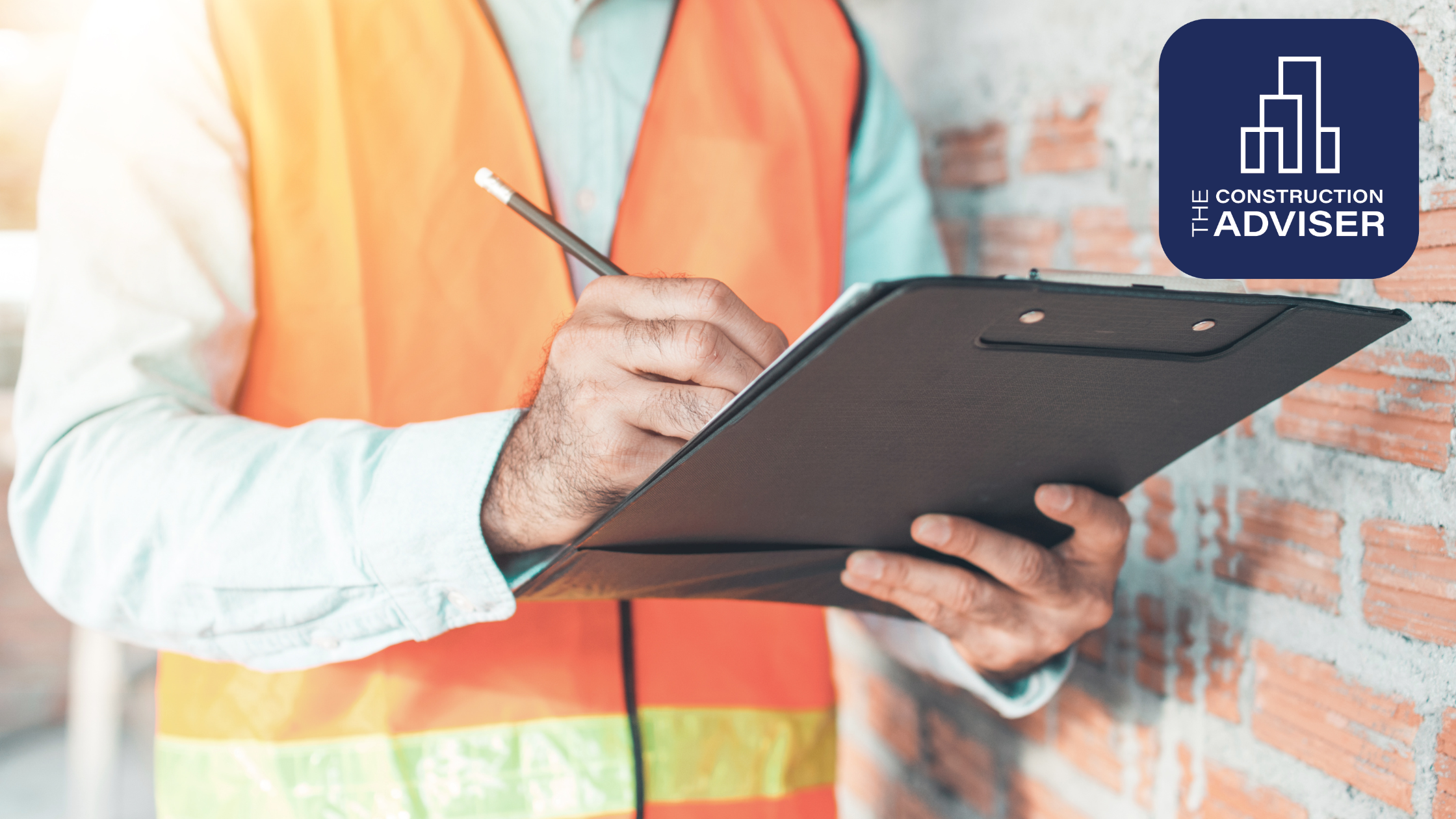
Purchasing a home is not merely a transaction; it's an emotional journey that often concludes with the joy of homeownership. However, this emotional connection can sometimes lead to unforeseen complications, even involving the building inspector who conducted the pre-purchase examination. In a bid to address these issues and equip professionals with the knowledge they need, TCA teamed up with Rapid Insurance to deliver specialised pre-purchase inspector training to over 100 building inspectors.
Australia's leading authority on building defects, Stan Giaouris, brought to light an undeniable reality during the presentation: home purchases are emotionally charged decisions that can, unfortunately, result in post-settlement headaches. The presentation incorporated real-world case studies, a deep dive into the common mistakes homeowners and investors often make, the underlying causes of litigation, and a treasure trove of tips and tricks. The aim? To empower inspectors to bypass these pitfalls, enabling them to undertake pre-purchase inspections with newfound confidence.
Common Mistakes During Pre-Purchase Inspections
Even when buyers do opt for a pre-purchase inspection, there are mistakes that can occur during this crucial process.
1. Not Hiring a Qualified Inspector
Selecting an unqualified or inexperienced inspector can result in missed issues and ineffective inspections.
Solution
Choose a qualified and certified building inspector who has undergone thorough training and possesses the necessary expertise.
2. Relying Solely on the Inspector's Report
Many buyers assume that once they receive the inspector's report, they are in the clear. However, these reports are not foolproof, and buyers should ask questions and seek clarification when necessary.
Solution
Actively engage with the inspector. Attend the inspection and ask questions about any concerns or areas of interest. A good inspector will provide valuable insights beyond the report.
3. Disregarding Maintenance and Repairs
Buyers might underestimate the significance of future maintenance and repair costs when they find minor issues during the inspection.
Solution
Take the time to understand the potential future costs associated with the property. Factor these into your budget and future planning.
Tips For Inspectors
Here are some essential tips for building inspectors to conduct thorough and effective pre-purchase inspections:
a. Continuous Education
Stay updated with the latest building codes, regulations, and inspection techniques. Continuous education ensures you are aware of any changes in the industry standards.
b. Attention to Detail
Thoroughly inspect every aspect of the property. Pay attention to structural elements, electrical systems, plumbing, roofing, and all visible and accessible areas. Small details can indicate significant problems.
c. Document Everything
Take detailed notes and photographs during the inspection. Documentation is crucial if disputes or questions arise later. Visual evidence enhances your credibility.
d. Communication Skills
Develop strong communication skills to explain complex issues to clients in a clear and understandable manner. Being approachable and receptive to questions can build trust with clients.
e. Time Management
Manage your time effectively during inspections. Allocate sufficient time for each inspection to ensure a thorough examination without rushing through the process.
f. Safety First
Prioritise safety during inspections. Wear appropriate safety gear and be cautious of potential hazards. Report any unsafe conditions you encounter.
g. Use Technology
Utilise inspection software and tools to streamline the process. Digital tools can help in creating detailed reports, organising photographs, and managing inspection data efficiently.
h. Collaborate with Experts
If you encounter a complex issue, don’t hesitate to consult with specialists. Collaborate with building defect experts, structural engineers, electricians, or other experts to ensure accurate assessments of specific problems.
i. Environmental
Be mindful of environmental factors such as mould, asbestos, or other problems. These can pose health risks, and their presence should be identified and reported accurately.
j. Ethical Conduct
Maintain high ethical standards. Be objective and unbiased in your assessments. Avoid conflicts of interest and disclose any potential conflicts to your clients.
k. Client Education
Educate your clients about the inspection process. Help them understand the significance of your findings and the potential implications for their investment decisions.
l. Report Clarity
Prepare clear, concise, and jargon-free inspection reports. Use simple language and explain technical terms to ensure that clients comprehend the report fully.
m. Professional Network
Build a network with real estate agents, contractors, and other professionals in the industry. Networking can lead to referrals and provide valuable insights.
n. Follow-Up
Provide post-inspection support. Be available to address client questions after the inspection. A good follow-up enhances customer satisfaction and your professional reputation.
o. Professional Certification
Obtain relevant certifications and accreditations from recognised organisations. Certification enhances your credibility and demonstrates your commitment to professional standards.
By adhering to these tips, building inspectors can not only conduct thorough inspections but protect themselves, and provide invaluable guidance to clients, ensuring informed decisions in the home-buying process.
For homebuyers, it's essential to avoid common pitfalls, such as overlooking inspections, overstretching financially, or neglecting location and future considerations. In parallel, building inspectors play a vital role in the process. They must be well-trained, experienced, and equipped to deliver thorough inspections. The partnership between TCA and Rapid Insurance represents a significant step in improving the quality of pre-purchase inspections in Australia.
By addressing these issues and providing the necessary training, we can create a smoother and more confident experience for all involved in the home-buying process. Remember, a well-informed and diligent approach ensures that your dream home doesn't turn into a homeowner's nightmare.
read more articles

